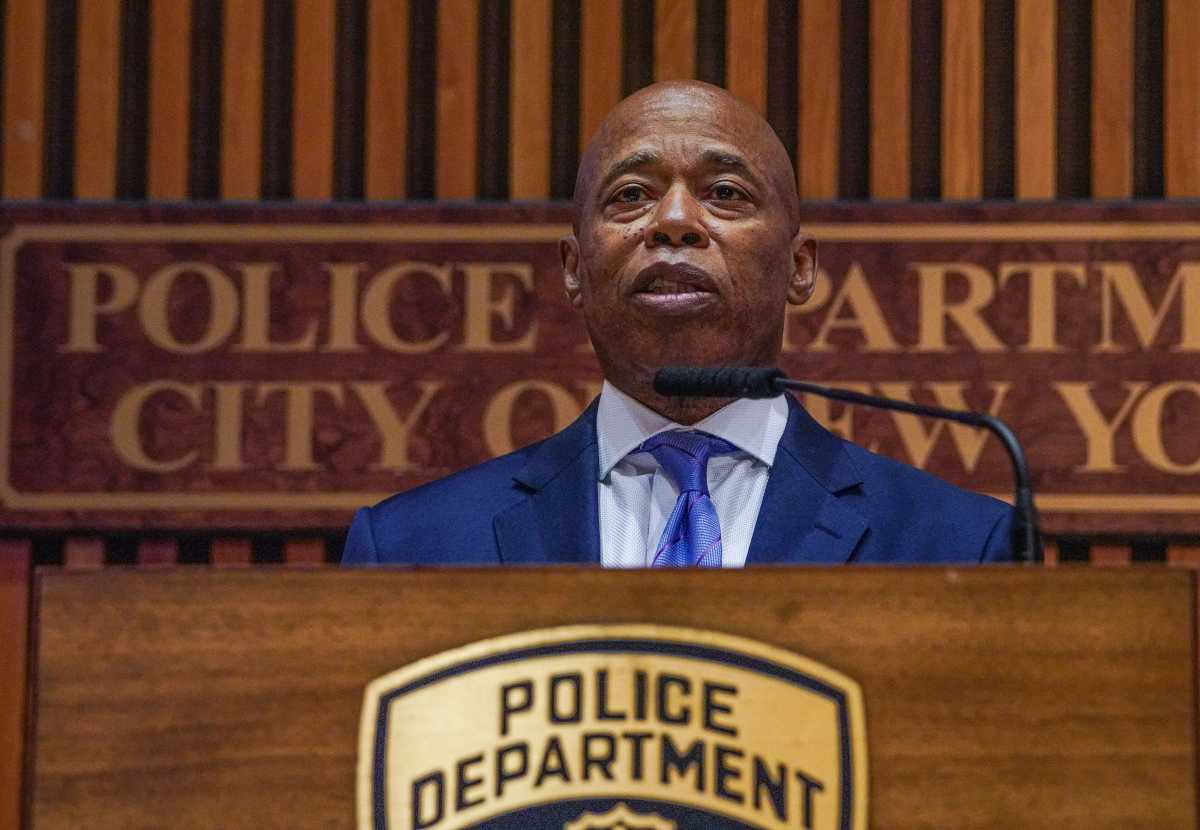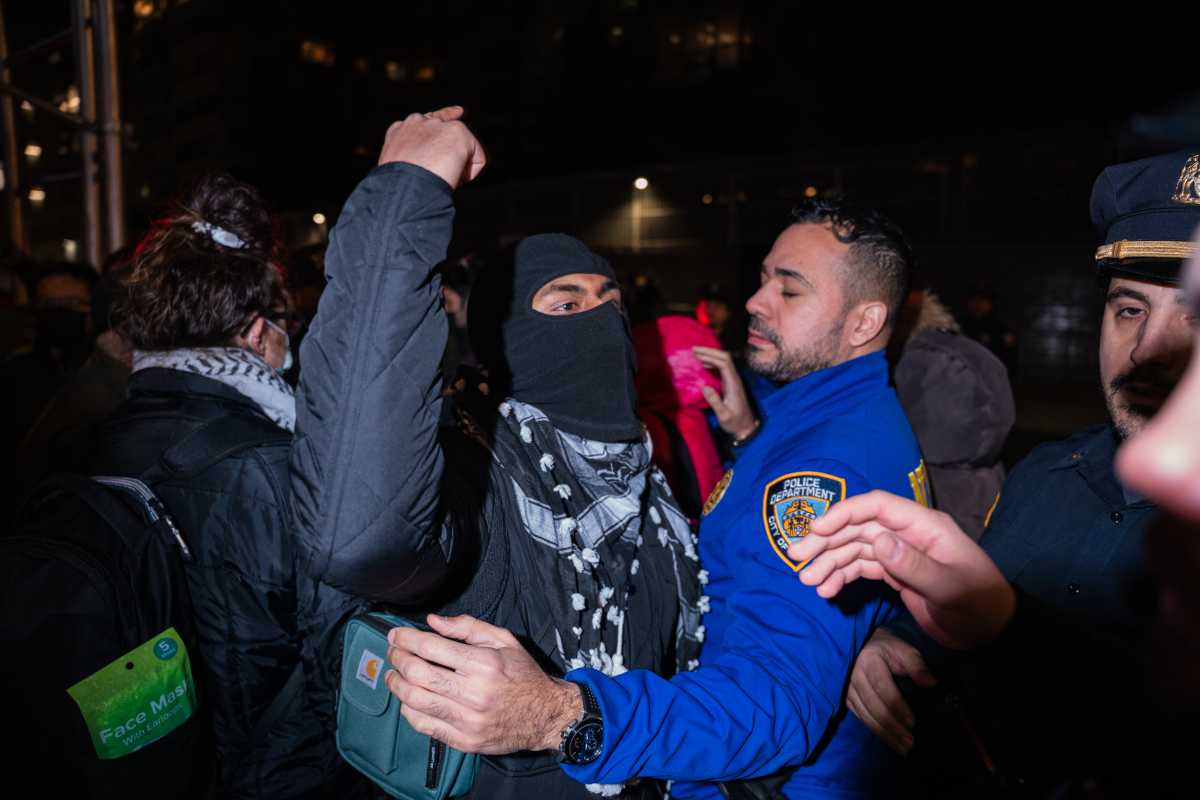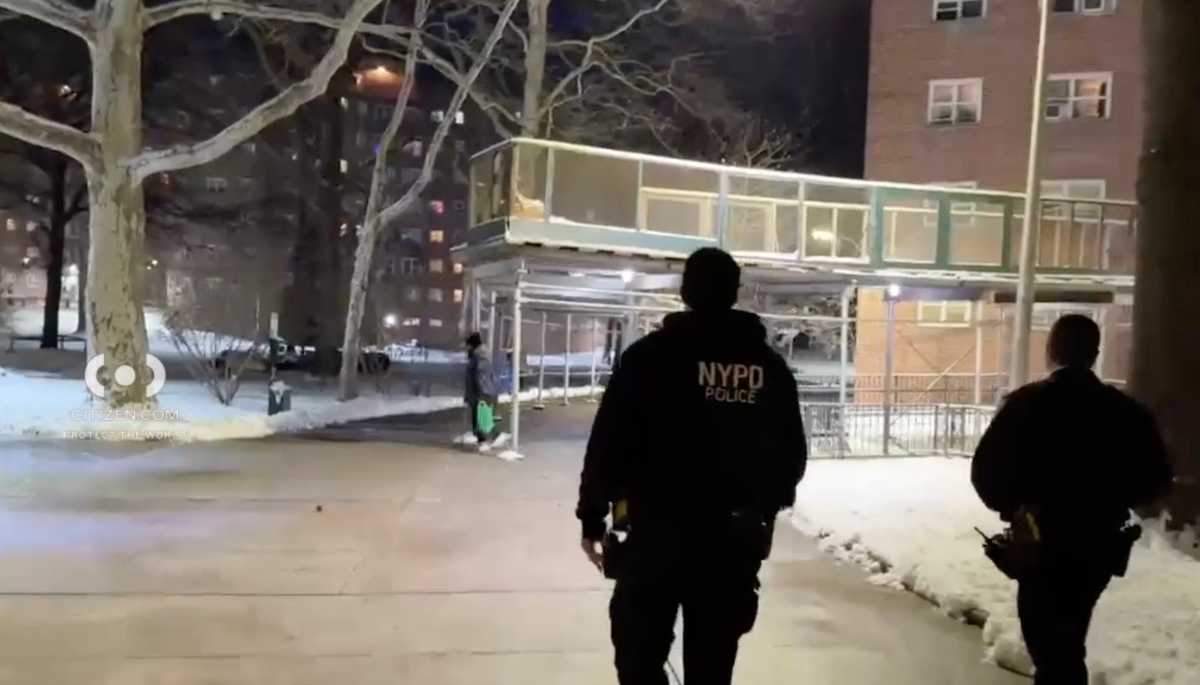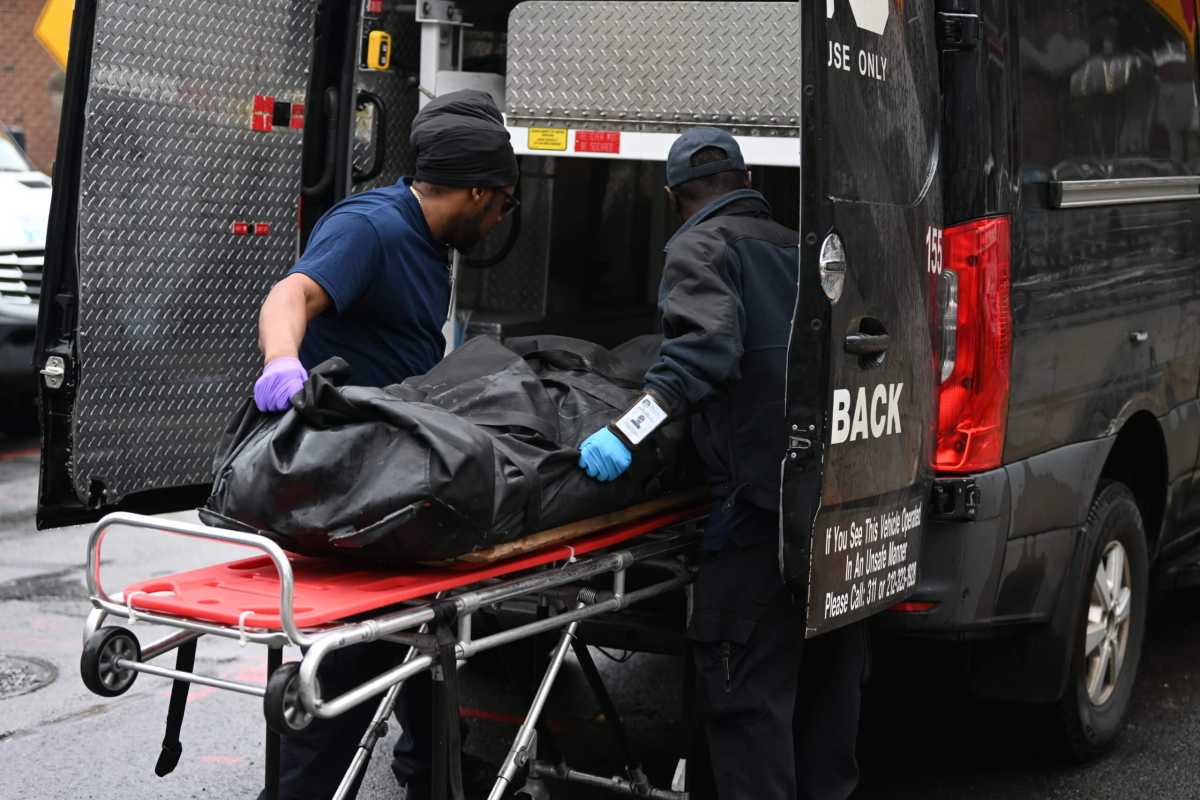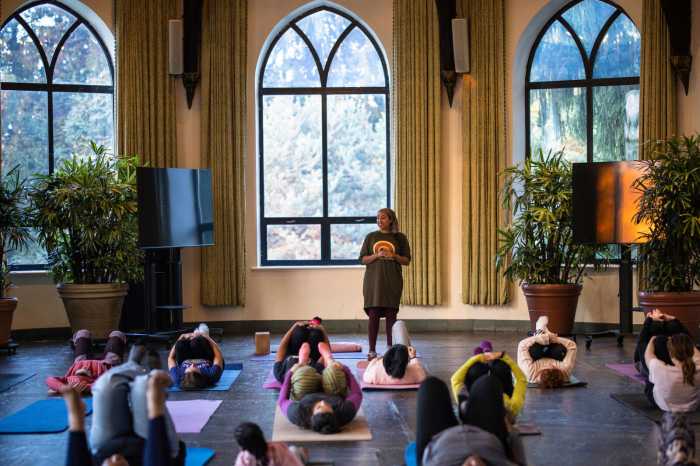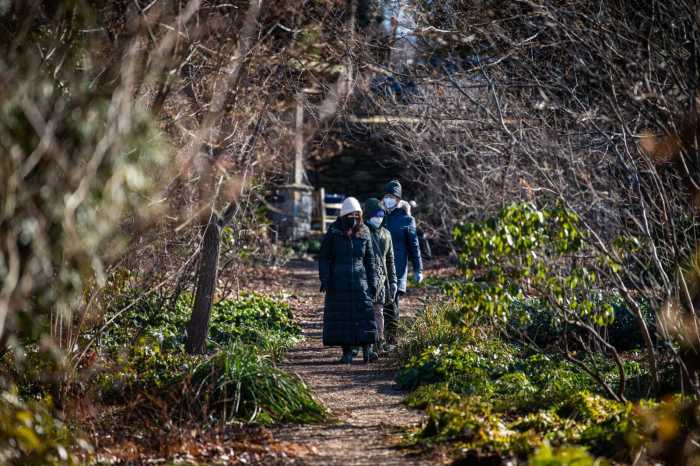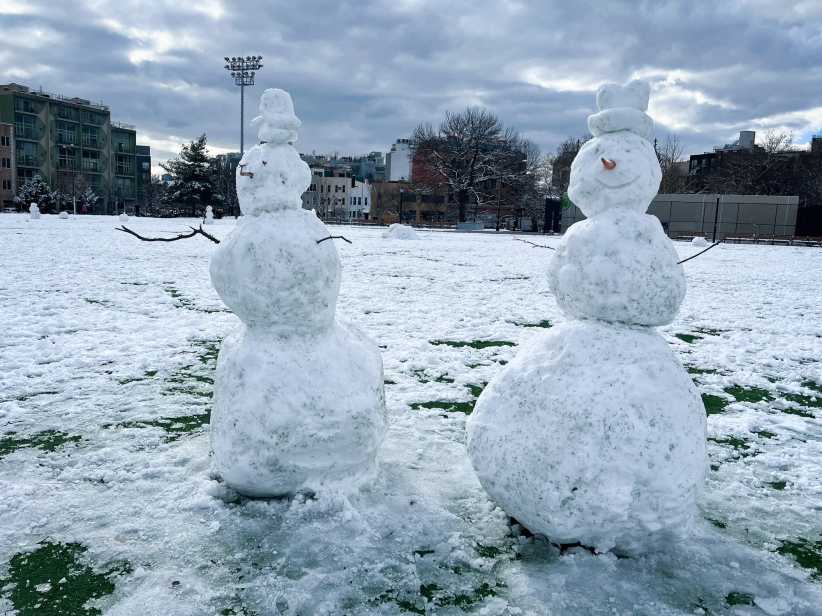When I left North Carolina to teach in the Bronx, I knew things would be different. I never imagined that in less than a year I would be at an Educators for Excellence Fireside Chat, in front of over 200 colleagues, asking the chancellor of the NYC Department of Education how she plans to create safe and supportive schools on behalf of my new students. While this issue is crucial for every New York City teacher, I needed to hear from Chancellor Fariña because of one of my own students, who I’ll call Duke.
Duke had a reputation that preceded him. His classmates preemptively warned me about how disruptive he could be as soon as he set foot in my classroom. It was clear that punishment only made Duke act out more. The cycle of punishment can have grave consequences in the long term. A study tracking over one million students found that students expelled or suspended for minor offenses — such as using their phone or kissing in the halls — were three times more likely to interact with the juvenile justice system than their peers within a year of the punishment. Duke looked like he would suffer a similar fate.
But here was an opportunity to change the narrative. I wanted to provide Duke a welcoming environment and get to know him as a person, not as a disruptive student. As we worked together, I started to see changes in his behavior.
In over a decade as a classroom teacher, I’ve learned that a focus on restorative intervention, instead of punitive practices, builds a learning environment geared toward long-term success. I’ve also learned that success is relative and looks different in different settings. We’re all a work in progress.
With Duke, I found that the process was very important. We established good habits for learning. If he was off-task, we would figure out why and jointly come up with a plan to help him stay focused in the future. Building a relationship based on respect is essential to the success of the aforementioned strategies. As a result of taking a restorative approach for minor incidents in class, Duke felt included in a way that had previously been foreign to him.
Sometimes we become who we are perceived to be. In many cases, what we become is contrary to who we really are. Through a positive approach, Duke made strides toward becoming a successful music student. His true potential emerged. Behavioral support is a necessity for many of our students. That support can look like an unwavering belief that they are capable academically or a strong sense of hope in their ability to make good choices.
Teachers can benefit from support as well. Imagine the difference that could be made for Duke if every teacher was trained and confident in using an approach that doesn’t revolve around punishment, or if we had the funds to hire additional staff trained to give him the social-emotional support he needs. In order to support all students, we must rethink how we support teachers and school leaders as they work to establish and maintain safe, welcoming schools.
Research confirms this idea. The chancellor and Mayor de Blasio announced new initiatives to improve school environments, including expanding that program to three more districts. This was in large part due to the advocacy of Educators for Excellence teachers and their dedicated colleagues who have spent the last few years asking for the resources and structure to support their students academically and emotionally. Now our leaders have answered.
But Duke and tens of thousands of his peers were left out of the program’s expansion. Every child deserves access to these resources, and students like Duke can’t wait for this program to come to their schools. In our discussion, Chancellor Fariña emphasized that “your job as a teacher is to give kids hope.” But this isn’t something that one teacher can achieve alone. Giving every student access to the District 18 program would give hope to teachers and students alike.

